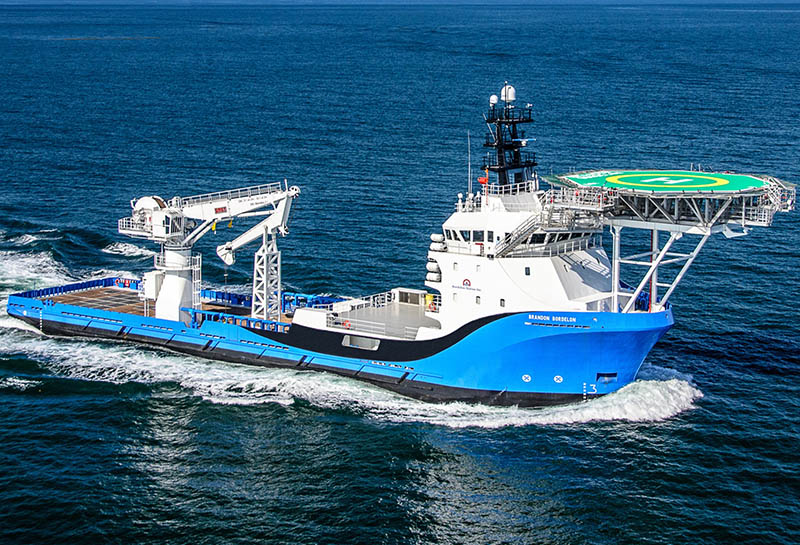It’s already been a year since our offshore market report in the May 2018 issue of WorkBoat — a year that was again characterized by depressed activity in the U.S. Gulf of Mexico oil and gas industry.
And not much has changed since about five years ago when the offshore downturn began to rear its ugly head. As Bill Pike reports in this year’s offshore cover story due out soon, many oil service operators expect the downturn to last well into next year.
Peter Laborde of Laborde Marine told WorkBoat that the market “is still at the bottom of the trough. Recovery is 18 months to two years away.”
Jackson Offshore Operators’ vice president and chief operating officer Matt Rigdon is looking at three or four years before business returns to normal levels. “We don’t think the market will return to normalcy until 2022, 2023,” Rigdon said.
IHS Markit’s Richard Sanchez looks for only one rig to be added in the Gulf in 2019. “The workboat industry is not very exciting now,” he said.
But there are some positives. Analysts Wood Mackenzie say that after four years of steady decline, exploration activity is expected to increase by 30% in the Gulf this year. Also, a large number of players have stayed in the region, betting on the Gulf of Mexico’s recovery.
Shell made a primary discovery — the Whale discovery — one of its largest exploration finds in the past decade in the Gulf, in February 2018. Shell, which said it planned to bring the project on stream quickly, has already been assessing the results of the exploration and appraisal wells the company has drilled at Whale.
BP, another major player in the GOM, has approved a major expansion at the Atlantis project.
“BP’s Gulf of Mexico business is key to our strategy of growing production of advantaged high-margin oil,” said Bernard Looney, BP’s chief executive, upstream.
Looney added that these fields are still young — only 12% of the hydrocarbons in place across BP’s Gulf portfolio have been produced so far — and BP “can see many opportunities for further development.”
These developments will hopefully hasten the return to normalcy.



.JPG.small.400x400.jpg)

